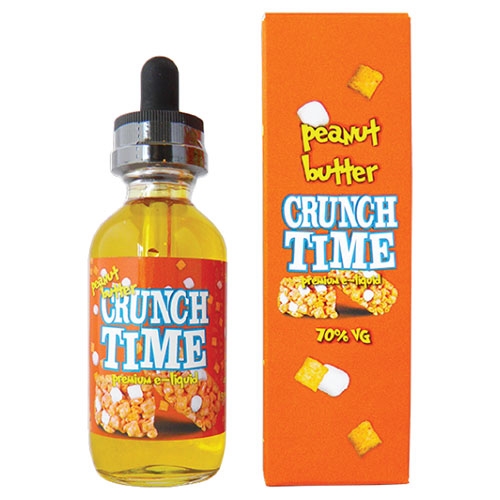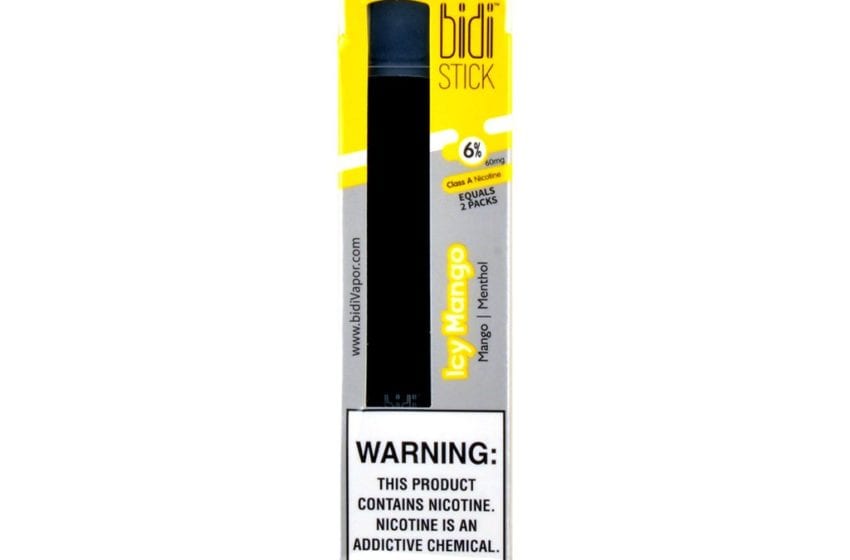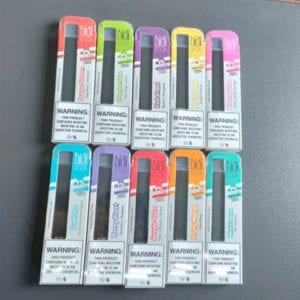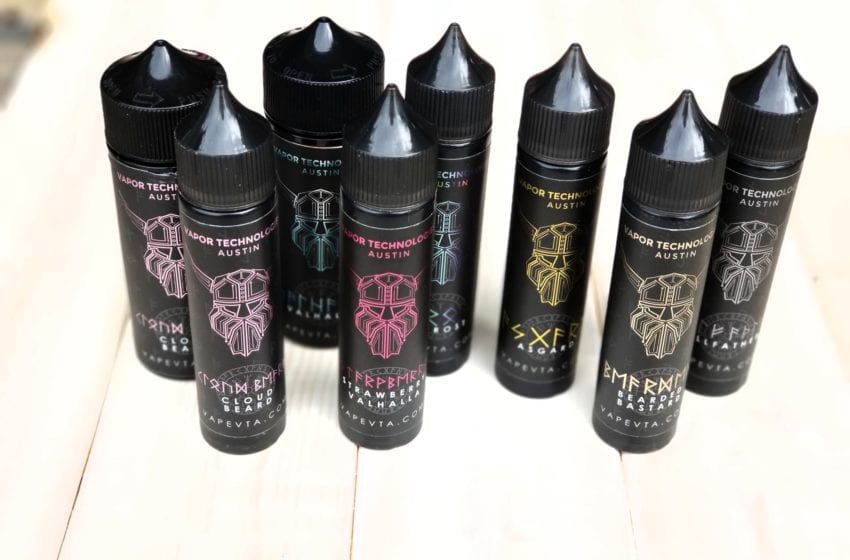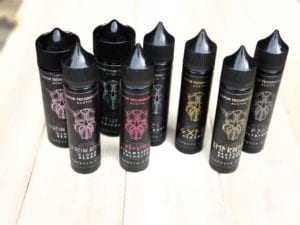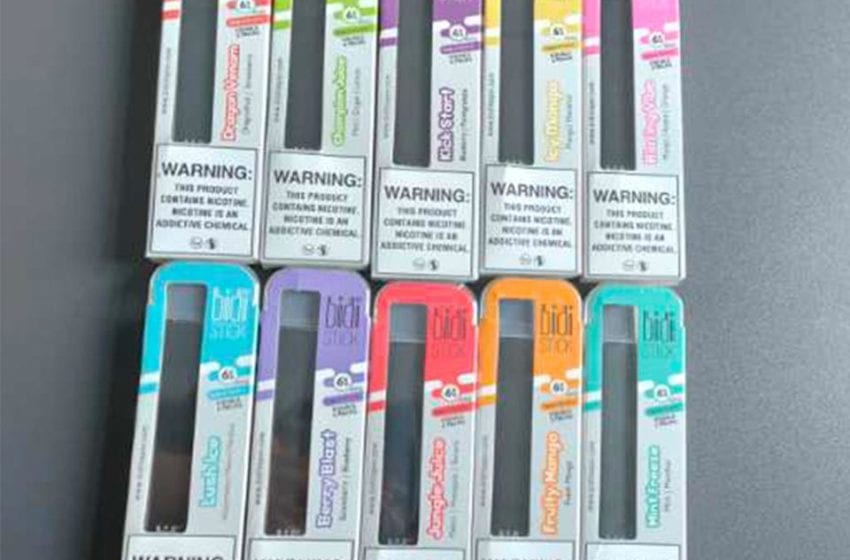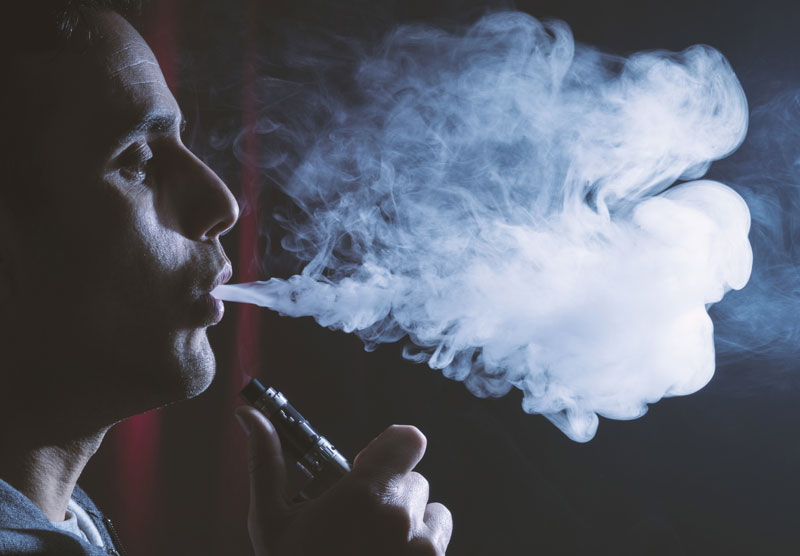
Health researchers have called on the South African government to revive legislation intended to regulate e-cigarettes, saying the products don’t help people quit smoking as advertised, reports Business Day.
The Control of Tobacco Products and Electronic Delivery Systems Bill was released for public comment in 2018, but the legislation has yet to be submitted to Parliament. As a result, e-cigarettes and other nicotine-delivery devices remain unregulated in South Africa.
Presenting recent research on e-cigarette use in South Africa, Lekan Ayo-Yusuf, director of the Africa Centre for Tobacco Industry Monitoring and Policy Research at the Sefako Makgatho Health Sciences University, said that more than 95 percent of e-cigarette users continued to smoke and few of them managed to stop smoking for more than six months.
Compared to people who had never used e-cigarettes, the likelihood of kicking the smoking habit for six months to 12 months was 77 percent lower among regular e-cigarette users.
“While the tobacco and e-cigarette industry likes to position e-cigarettes as cessation aids, the limited effectiveness of these products for long-term quitting, the health harms associated with usage and the industry’s clear and targeted marketing to youth are facts which are conveniently omitted from their narrative,” said Ayo-Yusuf.
According to one of the prevalence studies, 2.71 percent of adults, or 1.09-million people, used e-cigarettes daily or occasionally during 2018. Almost all these people (97.5 percent) were regularly smoking cigarettes as well. A separate study found vape shops were clustered in the wealthier parts of urban centers, and two-thirds were within a 20 km radius of a university or college campus.
E-cigarettes have been available in South Africa for more than 10 years but remain untaxed. Recently, the treasury department said it plans to release a discussion paper on tax proposals for electronic nicotine devices.
The recent research has not been published in a peer-reviewed journal.


